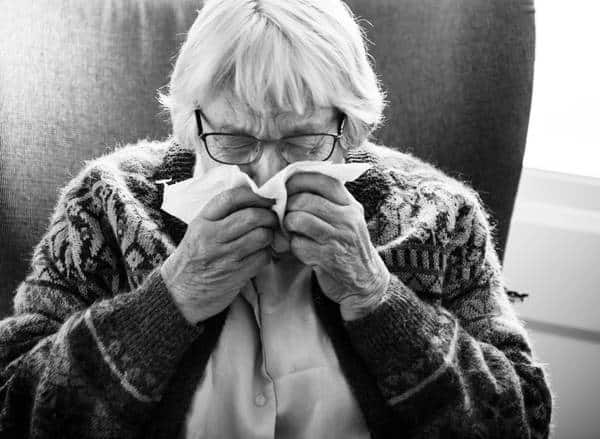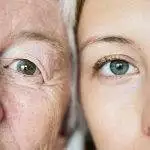 Guest Blogger: Michelle Sandwisch, APRN, FNP-C
Guest Blogger: Michelle Sandwisch, APRN, FNP-C
Michelle is an Advanced Practice Certified Nurse Practitioner licensed in Ohio. She earned a Master of Science, Family Nurse Practitioner, from Georgetown University and Bachelor of Science, Nursing, from Lourdes University. She is the owner of MyTotalBody, LLC, a personalized functional medicine practice located in Toledo, Ohio. Michelle is an active member of the Institute of Functional Medicine, and is dedicated and passionate about finding the root cause of disease and achieving optimal wellness for patients.
Michelle is specially trained in the Bredesen Protocol; a comprehensive personalized program designed to improve cognition and reverse the cognitive decline of early Alzheimer’s disease and other forms of dementia. For more information visit www.mytotalbody.me.
This article is part 2 of a 3-part series covering the impact of being a family caregiver and the importance of health prevention and self-care.
If you are a caregiver taking care of your spouse, mother, father or a loved one with Alzheimer’s or dementia, or know someone that is, you undoubtedly recognize the steep toll that this altruistic responsibility has on the mind, body and spirit of yourself or other generous individuals. The demands are overwhelming, and caregiver burnout is far more common than one might think.
Data collected by the Alzheimer’s Association (2018) highlights this point and expresses concern:
- Nearly 75 percent of Alzheimer’s and dementia caregivers are somewhat or very concerned about maintaining their own health since becoming a caregiver. In addition, over 1 in 3 dementia caregivers say their health has gotten worse due to their care responsibilities.
- Nearly 60 percent of Alzheimer’s and dementia caregivers rate the emotional stress of caregiving as high or very high. As many as 40 percent of family caregivers of people with Alzheimer’s and other dementias suffer from depression.
- One study looked at spousal caregivers of people who were hospitalized. If the care recipient who was hospitalized had dementia, the spousal caregiver was more likely to die within a year than if the care recipient did not have dementia, even after accounting for the age of the caregiver.
- Caregiver burnout – the physical and emotional effect of caregiving on Alzheimer’s and other dementia caregivers – resulted in approximately $11.4 billion in increased caregiver health costs in 2017 (AA, 2018).1
Although caregivers likely know how the impact the act of caregiving is having on them, they may not truly understand that they are themselves also at risk for developing these diseases.
A study published in 2010 that tracked more than 1,200 married couples in Utah for 12 years revealed that caregiving spouses of dementia patients had a 600% greater risk of developing dementia themselves3. This study helps demonstrate that although individuals with Alzheimer’s Disease undoubtedly suffer, their caregivers also suffer.
As discussed in Part I of this series, besides caregiver stress and depression, poor diet, loss of sleep, lack of exercise and social isolation are some of the top factors to blame for this connection.2 Often caregivers also have their own set of chronic health problems to contend with. These facts not only touch on the impact that caregiving for a loved one with Alzheimer’s or dementia can have on one’s personal health, but also conveys the grave need for self-care that caregivers need to seize.
Self-care when caregiving for others is often easier said than done. However, there are strategies that can help simplify the areas that need improvement to create better health.
Part 3 of “Taking Care of You: Self Care for Family Caregivers” will outline what has been shown to create health and tips to integrate these strategies into daily life.
- Alzheimer’s Association. (2018). Alzheimer’s Impact Movement: Alzheimer’s disease caregivers [Fact Sheet]. Retrieved from: http://act.alz.org/site/DocServer/caregivers_fact_sheet.pdf?docID=3022
- Lathan, C., Wallace, A.S., Shewbridge, R., Ng, N., Morrison, G., Resnick, H.E. (2016).
- Vitaliano, P. (2010). An ironic tragedy: Are spouses of persons with dementia at higher risk for dementia that spouses of persons without dementia? Journal of American Geriatrics Society, 58(5), 976-978.

 Arista Wins Top Workplaces Award
Arista Wins Top Workplaces Award


